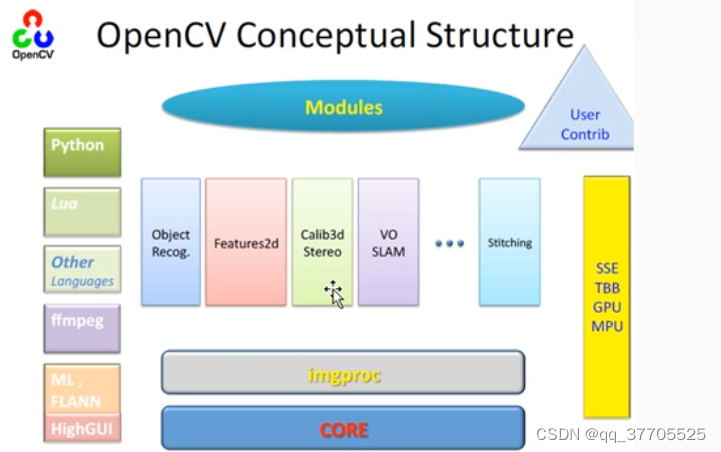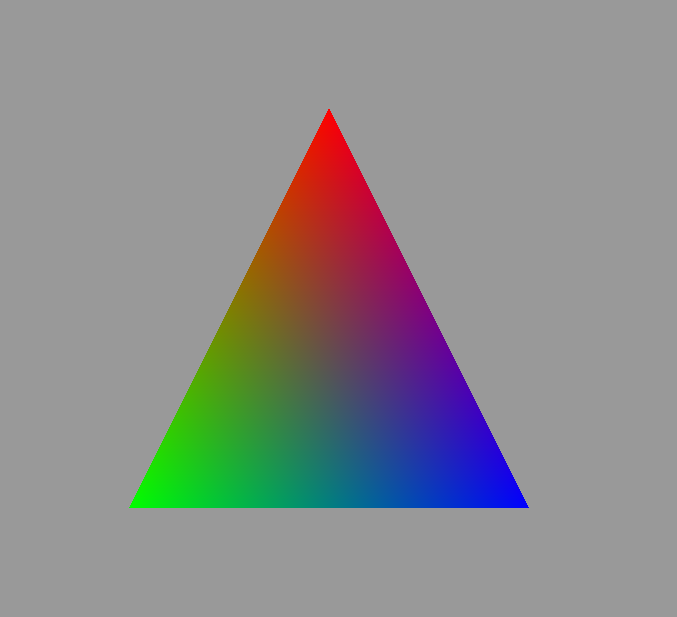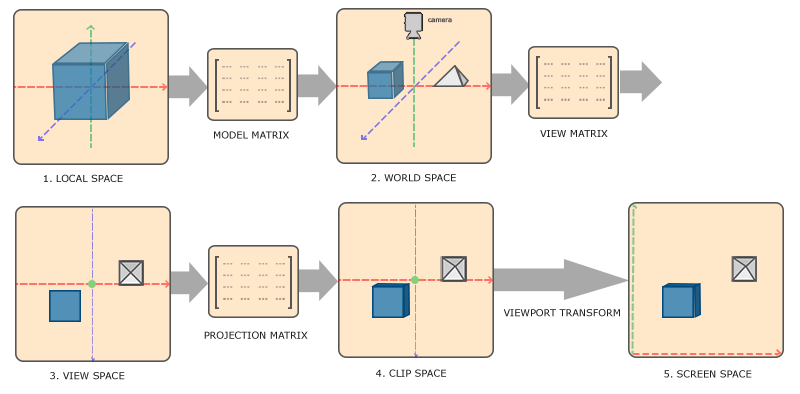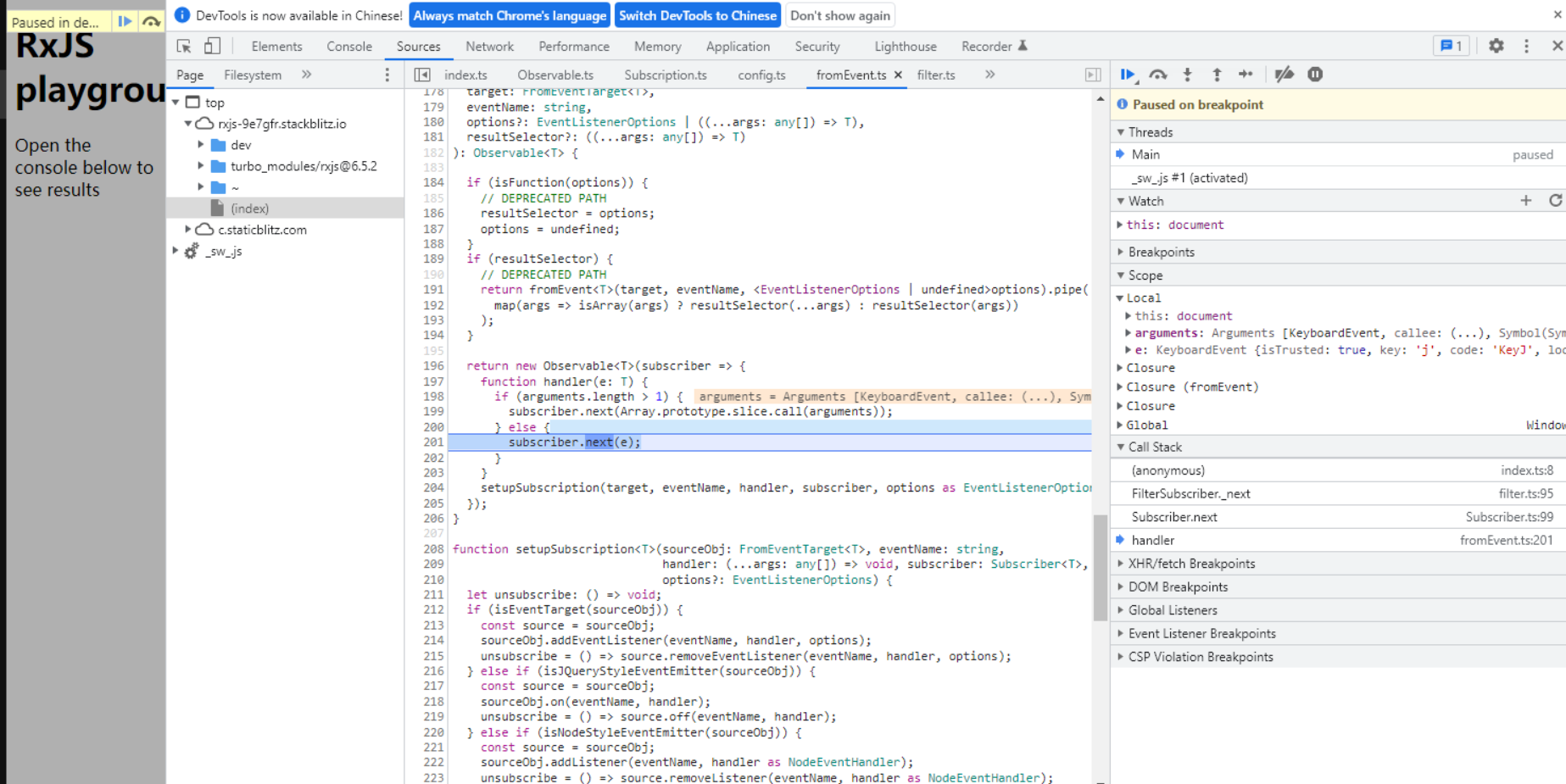当前位置:网站首页>Dart: About zone
Dart: About zone
2022-07-03 12:01:00 【J_ D_ Chi】
List of articles
Write it at the front
stay 《Flutter actual combat 》 From this book Flutter Exception trapping section , How to catch asynchronous exceptions , It mentioned using Zone To deal with .
Zone Represents the scope of the environment in which a code is executed , For ease of understanding , Readers can translate Zone Analogy to a code execution sandbox , The sandbox is isolated from each other , Sandbox can capture 、 Block or modify some code behavior , Such as Zone Log output can be captured in 、Timer establish 、 Behavior of micro task scheduling , meanwhile Zone You can also catch all unhandled exceptions .
This article is mainly right Zone Understand some usage and parameters .
Content
Let's start with the abnormal example
stay Flutter in , Catch and use exceptions in synchronization code try-catch Conduct . We use it await The way to deal with Future, It is also synchronous code , So it can also be try-catch Capture :
main() async {
try {
throw "My Error";
} catch (e) {
print(e);
}
try {
await Future.error("My Future Error");
} catch (e) {
print(e);
}
}
Print the results :
My Error
My Future Error
For asynchronous errors that are not written synchronously , So we need to go through Zone To deal with it .Zone Provides an environment for code , And can capture the relevant information inside . With 《Flutter actual combat 》 An example given in the book , It passes through Dart Inside runZoned() Method , Let the current Zone fork A new Zone come out , Put the code inside and execute .
R runZoned<R>(R body(),
{Map<Object?, Object?>? zoneValues,
ZoneSpecification? zoneSpecification,
@Deprecated("Use runZonedGuarded instead") Function? onError}) {
checkNotNullable(body, "body");
...
return _runZoned<R>(body, zoneValues, zoneSpecification);
}
R _runZoned<R>(R body(), Map<Object?, Object?>? zoneValues,
ZoneSpecification? specification) =>
Zone.current
.fork(specification: specification, zoneValues: zoneValues)
.run<R>(body);
It can be seen that runZoned() Is to Zone.current.fork().run() An encapsulation of .
So by giving us the whole App Put on a Zone, You can catch all exceptions .
runZoned(() {
runApp(MyApp());
}, onError: (Object obj, StackTrace stack) {
var details=makeDetails(obj,stack);
reportError(details);
});
Zone
main
When we run main() Function , In fact, it has been running in a root Of Zone in :
main() {
Zone.root.run(() => print("hello"));
print(Zone.root == Zone.current);
}
Print the results :
hello
true
stay main() Call inside Zone.root.run() The method follows directly main() There is no difference in , And because it has been running by default , So we can't be right Zone Make some custom modifications , That's why we want to build a new one Zone To deal with it .
Parameters
Zone There are several parameters in :
- zoneValues
- zoneSpecification
- onError
zoneValues
This is a Zone Private data for , You can use the instance zone[key] obtain , And you can be yourself fork The one who came out Zone Inherit .
Zone parentZone = Zone.current.fork(zoneValues: {"parentValue": 1});
Zone childZone = parentZone.fork();
// childZone Through the father's key Get the corresponding value
childZone.run(() => {print(childZone["parentValue"])});
zoneSpecification
Zone Some configuration of , Some code behaviors can be customized , For example, blocking log output behavior .
abstract class ZoneSpecification {
...
const factory ZoneSpecification(
{HandleUncaughtErrorHandler? handleUncaughtError,
RunHandler? run,
RunUnaryHandler? runUnary,
RunBinaryHandler? runBinary,
RegisterCallbackHandler? registerCallback,
RegisterUnaryCallbackHandler? registerUnaryCallback,
RegisterBinaryCallbackHandler? registerBinaryCallback,
ErrorCallbackHandler? errorCallback,
ScheduleMicrotaskHandler? scheduleMicrotask,
CreateTimerHandler? createTimer,
CreatePeriodicTimerHandler? createPeriodicTimer,
PrintHandler? print,
ForkHandler? fork}) = _ZoneSpecification;
...
}
modify print Behavior
For example, in a Zone in , We want to modify its print Behavior , You can do this :
main() {
Zone parentZone = Zone.current.fork(specification: new ZoneSpecification(
print: (Zone self, ZoneDelegate parent, Zone zone, String line) {
parent.print(zone, "Intercepted: $line");
// You can also write the print into the file here , Send to the server
}));
parentZone.run(() => print("hello"));
print("hello");
}
Print the results :
Intercepted: hello
hello
You can see when we parentZone Once it's up and running ,print Our behavior has been modified .
Because of the last print Not in the same Zone in , So this print No change .
modify run act
If we want to enter run() Do something while you're at home , Can :
main() {
Zone parentZone = Zone.current.fork(
specification: new ZoneSpecification(
run: <R>(self, parent, zone, f) {
print("Enter run");
return parent.run(zone, f);
}));
parentZone.run(() => print("hello"));
}
Print the results :
Enter run
hello
Modify registration callback
main() {
Zone.root;
Zone parentZone = Zone.current.fork(specification:
new ZoneSpecification(registerCallback: <R>(self, parent, zone, f) {
// Call the callback function we actually registered , The first time I came here f yes start(), The second time I came in end()
f();
return f;
}));
parentZone.run(() {
Zone.current.registerCallback(() => start());
print("hello");
Zone.current.registerCallback(() => end());
});
}
void start() {
print("start");
}
void end() {
print("end");
}
Print the results :
start
hello
end
onError
although runZoned() There are methods onError The callback , But in the official new edition, it is recommended to use runZonedGuarded() Instead of :
runZonedGuarded(() {
throw "null";
}, (Object error, StackTrace stack) {
print("error = ${error.toString()}");
});
Print the results
error = null
That is to say Zone Those exceptions that we didn't catch in , Will go to onError Callback .
So if this Zone Of specification It's done in handleUncaughtError Or to achieve onError Callback , So this Zone It becomes a error-zone.
that error-zone Exceptions that occur in will not cross the border , for example :
var future = new Future.value(499);
var future2 = future.then((_) {throw "future error";});
runZonedGuarded(() {
var future3 = future2.catchError((e) {
print(e.toString()); // Don't print
});
}, (Object error, StackTrace stack) {
print(" error = ${error.toString()}"); // Don't print
});
future Function in error-zone The outer definition of , And it defines that an exception will be thrown after execution , When in error-zone When calling in , At this time, this exception cannot be error-zone Captured , Because it has exceeded its boundary , The solution is to define future There is another function Zone, In this way, this mistake will be outside error-zone Captured :
var future = new Future.value(499);
runZonedGuarded(() {
var future2 = future.then((_) {
throw "future error";
});
runZonedGuarded(() {
var future3 = future2.catchError((e) {
print(e.toString());
});
}, (Object error, StackTrace stack) {
print(" error = ${error.toString()}");
});
}, (Object error, StackTrace stack) {
print("out error = ${error.toString()}");
});
Output results :
out error = future error
边栏推荐
- (database authorization - redis) summary of unauthorized access vulnerabilities in redis
- Download address and installation tutorial of vs2015
- Qt+vtk+occt reading iges/step model
- OpenStack中的测试分类
- SystemVerilog -- OOP -- copy of object
- The uniapp scroll view solves the problems of high adaptability and bullet frame rolling penetration.
- Solve msvcp120d DLL and msvcr120d DLL missing
- XML (DTD, XML parsing, XML modeling)
- Dynamically monitor disk i/o with ZABBIX
- DNS multi-point deployment IP anycast+bgp actual combat analysis
猜你喜欢

Is BigDecimal safe to calculate the amount? Look at these five pits~~

Hongmeng fourth training

2022年湖南工学院ACM集训第二次周测题解

XML (DTD, XML parsing, XML modeling)

Visual studio 2022 downloading and configuring opencv4.5.5

OpenGL 绘制彩色的三角形

Kibana - installation and configuration of kibana

Basic knowledge of OpenGL (sort it out according to your own understanding)

Introduction to the implementation principle of rxjs observable filter operator

网络通讯之Socket-Tcp(一)
随机推荐
Basic knowledge of OpenGL (sort it out according to your own understanding)
为什么我的mysql容器启动不了呢
R language uses grid of gridextra package The array function combines multiple visual images of the lattice package horizontally, and the ncol parameter defines the number of columns of the combined g
【mysql专项】读锁和写锁
小鹏 P7 撞护栏安全气囊未弹出,官方回应称撞击力度未达到弹出要求
Kubernetes three dozen probes and probe mode
AOSP ~ NTP (Network Time Protocol)
简单工厂和工厂方法模式
错排问题 (抽奖,发邮件)
During FTP login, the error "530 login incorrect.login failed" is reported
Hongmeng fourth training
STL教程10-容器共性和使用场景
抓包整理外篇fiddler———— 会话栏与过滤器[二]
Mysql根据时间搜索常用方法整理
MCDF Experiment 1
Slam mapping and autonomous navigation simulation based on turnlebot3
vulnhub之Ripper
Test classification in openstack
PHP export word method (phpword)
安裝electron失敗的解决辦法